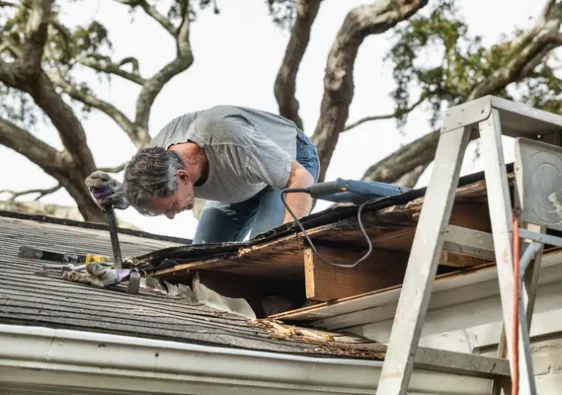Finding the right contractor is one of the most important decisions that a project owner will make choosing the wrong contractor can cost you a lot of money, time and headaches.
While cost is a factor, it should not be the only consideration the contractor you choose will become part of your life throughout the project.
When choosing a flat roof repair contractor, prioritize experience, expertise, licensing, insurance, warranties, and customer testimonials for quality assurance.
1. Reputation
Choosing the right contractor is a crucial business decision that can impact project success and safety. A variety of factors should be evaluated, including trade association memberships, maintenance of equipment, experience with similar projects and staff training. Reputation intelligence needs to be gathered in ways that are contextual, real time and quantitative. This involves polling direct and indirect stakeholder opinions, correlating obscure media mentions and assessing competitor reputations.
At one end of the spectrum, some businesses select contractors purely based on price. In most cases, it is better to weigh quality alongside cost when selecting a contractor. Ask contractors for detailed billing schedules as well, as this can tell you how transparent and honest they are about their work.
2. Experience
Choosing the right contractor is essential to the project success and safety of everyone involved contractors with experience have a knowledge of effective methods, approaches, and solutions tested in similar projects they also have a better understanding of the nature and scale of the work to ensure the health and safety of the workers.
Ask potential contractors what types of projects they’ve worked on, and look for three things some similarity to your own project, quality workmanship, and client satisfaction. Other factors, such as trade association memberships, maintenance of equipment and hazard assessment and control measures should also be taken into account these aspects indicate a commitment to professional standards and excellence.
3. Insurance
It is important that a contractor has insurance to cover any potential damage, injury or accident on the job. They should have worker’s compensation, general liability and property damage insurance.
Make sure to ask the contractor for proof of these insurances as well. Also, make sure that they have a comprehensive contract including the scope of work and payment schedule, change orders (with limits) and warranty service procedures.
It is always better to spend more money on a qualified, experienced contractor that you feel comfortable with than to save a few dollars by hiring the lowest bidder.
4. License
Whether you’re remodeling a bathroom or building a new home, contractors should have state and local licenses. Additionally, they should carry worker’s compensation and general liability insurance. Having a license shows that a builder has taken the time to take courses and pass exams to prove their knowledge of construction processes and codes. This minimizes the risk of homeowners getting ripped off or injured by unlicensed contractors.
It’s also important for licensors to consider their target markets. As the world becomes more globalized, it is critical to think about cultural, linguistic and legal differences when developing licensing campaigns these considerations should be outlined in the license contract.
5. Referrals
Customers aren’t shy about sharing their experiences, so asking for referrals should be a part of any business strategy when used carefully, this is an inexpensive marketing technique that can increase the lifetime value of a customer.
Often, it’s best to ask for referrals directly from your existing customers this can be done through email or in person. Incentives can also be a great way to encourage customer referrals, such as discounts or rewards. However, not all customers will respond to a request for a referral.
6. Communication
When it comes to hiring contractors, communication is a key aspect of ensuring your project is successful this includes how you communicate with potential contractors but also how they communicate with you.
Consider how often they answer your questions and how they respond to your concerns. You should also note their billing practices, including their ability to provide you with a weekly breakdown of materials and labor costs.
Keep in mind that even small indicators can tell you a lot about a contractor’s professionalism, such as whether or not they return calls and make appointments promptly. Lastly, trust your gut: if you have an uneasy feeling about a particular contractor, chances are you’re right to choose another one.



